Join us for the 22nd Anniversary of the annual EMBL PhD Symposium. Since its
conception in 1999, the EMBL PhD Symposium has evolved into a highly respected
scientific meeting, connecting young researchers and high-profile scientists
alike. This year, our Symposium centers on the theme
“The Roaring 20s: A New Decade for Life Sciences”.
Over the next ten years, vast progress will be achieved within the life sciences and new challenges are emerging.
We are dedicated to bring together outstanding researchers from a broad range of disciplines that implement highly
promising approaches to tackle the current scientific questions as well as the global problems we face as a
scientific community and as humanity. We will address issues ranging from basic research questions in the
life sciences to the most recent developments in synthetic biology, disease management and neuroscience.
Furthermore, we will address the intricate relationship between living organisms and their environment
- focusing on ecology and evolution – and on the discussion about how to communicate our science to the
society we are part of.
Come and join us at the 22nd EMBL PhD Symposium, for two
days of exciting and future-oriented science.
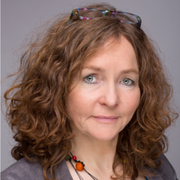 Christa Schleper
Christa Schleper
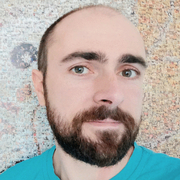 Jean-Léon Maître
Jean-Léon Maître
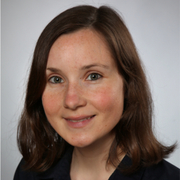 Lisa Maier
Lisa Maier
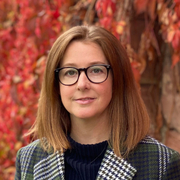 Liz Hambleton
Liz Hambleton
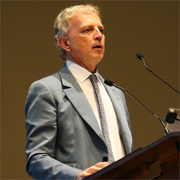 Luigi Naldini
Luigi Naldini
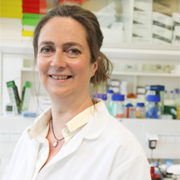 Marileen Dogterom
Marileen Dogterom
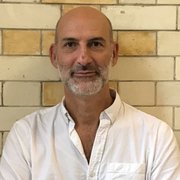 Matteo Carandini
Matteo Carandini
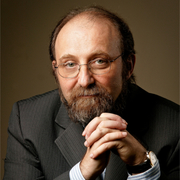 Miguel Nicolelis
Miguel Nicolelis
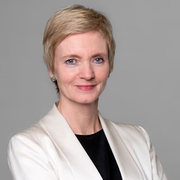 Monika Lessl
Monika Lessl
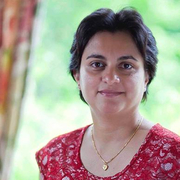 Muzlifah Haniffa
Muzlifah Haniffa
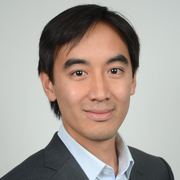 Nadanai Laohakunakorn
Nadanai Laohakunakorn
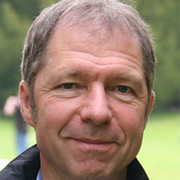 Ralf Bartenschlager
Ralf Bartenschlager
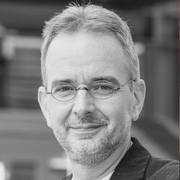 Ralph Bock
Ralph Bock
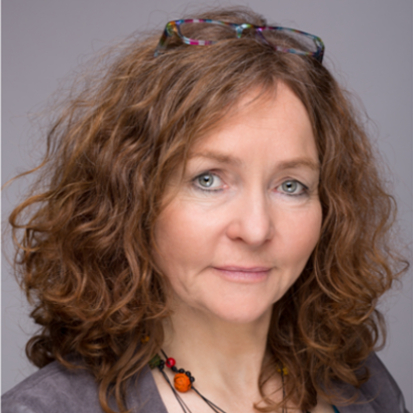
University of Vienna
Christa Schleper is professor at the University of Vienna, Austria, since 2007 and head of the Archaea Biology and Ecogenomics Unit. She studies the ecology, physiology, molecular biology and evolution of Archaea. Schleper has worked at the MPI Martinsried, at Caltech and Univ. of Sta Barbara, at the University of Darmstadt, and as full professor at the University of Bergen, before she moved to Vienna. She is an EMBO member and in the Austrian Academy of Sciences, received an ERC Advanced Grant in 2016, and was highly cited researcher in 2019. She is also a co-organizer of the new Climate Change and Climate Crisis lecture in Vienna.
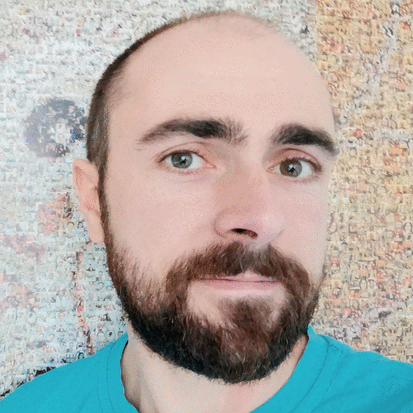
Insitut Curie
Jean-Léon Maître is a group leader at the institut Cure in Paris, France studying mammalian pre-implantation development with a focus on cell mechanics and cell-cell interactions. Jean-Léon received a PhD in the laboratory of Carl-Philipp Heisenberg at the Max Planck Institute for Cell Biology and Genetics (Dresden, Germany) and the Institute of Science and Technology Austria (Klosterneuburg, Austria) for his work on cell cortex tension and cell adhesion during zebrafish gastrulation. During his postdoc at EMBL Heidelberg with Takashi Hiiragi, he worked on the mechanics of the pre-implantation embryo in the mouse supported by an EMBO long term fellowship and a Marie Curie IntraEuropean fellowship. Jean-Leon was awarded an ERC starting grant in 2017 and is an EMBO young investigator.
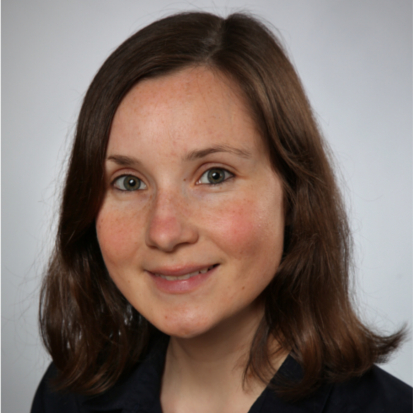
University of Tübingen
Dr. Lisa Maier did her PhD in the lab of Prof. Dr. W.-D. Hardt at ETH Zürich, Switzerland, where she studied the role of the microbiota during Salmonella Typhimurium induced colitis. "The influence of non-digestible carbohydrates on the intestinal colonization with enteropathogens" was the topic of research during her first post-doc in the same lab in 2014. From 2015 to 2018 Dr. Lisa Maier studied "drug-microbe interactions in the human gut microbiome" in the lab of Dr. A. Typas and Dr. K. Patil at EMBL Heidelberg. In her first-author publication in Nature in 2018, the potential risk of non-antibiotics promoting antibiotic resistance has been shown. Currently, starting from 2019, Dr. Lisa Maier is independent junior research group leader at University of Tübingen.
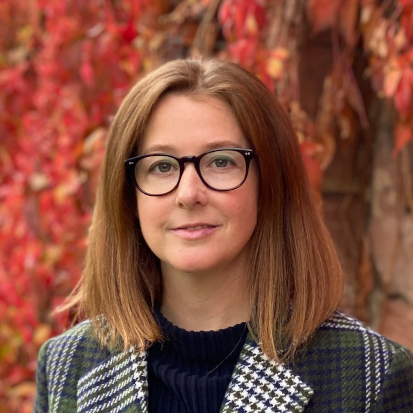
University of Vienna
Dr. Elizabeth Hambleton is a Group Leader in the Division of Microbial Ecology within the Centre for Microbiology and Environmental Systems Science at the University of Vienna. Hambleton received her PhD from Stanford University, where her work was supported by an NSF Graduate Research Fellowship, and conducted her postdoctoral work in the Centre for Organismal Studies at the University of Heidelberg. Throughout her career, Hambleton has been an expert in developing the sea anemone Aiptasia as a laboratory model to investigate the molecular mechanisms of coral-algal symbiosis. Since its establishment in 2020, her group is studying the evolution and molecular mechanisms of diverse, ecologically important animal-algal ‘photosymbioses’ using a combination of single-cell transcriptomics, metabolomics, mass-spectrometry imaging, and functional manipulation in new model systems.
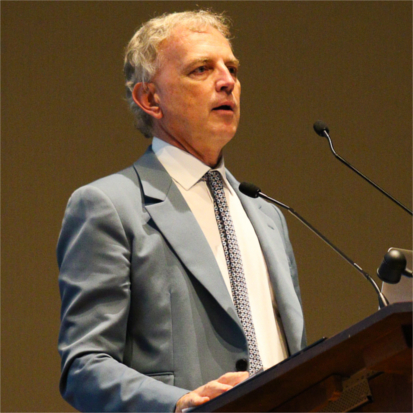
Università Vita-Salute San Raffaele & San Raffaele Telethon Institute for Gene Therapy
Luigi Naldini is the Director of the San Raffaele Telethon Institute for Gene Therapy and professor at the San Raffaele University in Milan, Italy. For the past 25 years, he has pioneered the development and applications of lentiviral vectors for gene transfer, which have become one of the most widely used tools in biomedical research and, upon recently entering clinical testing, are providing a long-sought hope of cures for several currently untreatable and otherwise deadly human diseases. His work also contributed to advance the use of artificial nucleases for targeted genome editing in cell and gene therapy. Luigi received his medical degree from the University of Torino, Italy, and his PhD from the University of Rome. He is Member of the European Molecular Biology Organization (EMBO) and has been President of the European Society of Gene and Cell Therapy (ESGCT). He was awarded the Outstanding Achievement Award from the American Society of Gene and Cell Therapy (ASGCT) and from ESGCT, the Jimenez Diaz Prize, the Beutler Prize from the American Society of Hematology (ASH) and the Jeantet-Collen Prize for Translational Medicine. He was nominated “Grande Ufficiale dell’Ordine Al Merito della Repubblica Italiana”, one of the highest ranking honor in Italy.
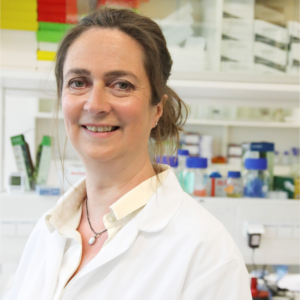
Delft University of Technology
Prof. dr. Marileen Dogterom is a University Professor at the TU Delft and Medical Delta Professor at Leiden University. She is internationally renowned expert in experimental cell biophysics with a pioneering track record in biophysical research of the microtubule cytoskeleton. Over the years, her group has systematically worked on increasing functional biological complexity in reconstitution experiments, which paved the way for her current and future ambition to build synthetic cells. She published ~100 papers in high-ranking physics and biology journals. Dogterom actively and frequently collaborates with leading national and international researchers in both physics and biology. Since 2017, she leads the Dutch Consortium BaSyC (Building a Synthetic Cell) and is one of the initiators of the European Synthetic Cell Initiative.
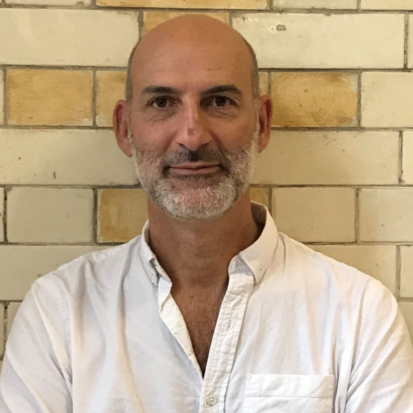
University College London
Matteo Carandini is the GlaxoSmithKline / Fight for Sight Professor of Visual Neuroscience at University College London (UCL), where he co-directs a laboratory together with Kenneth Harris. His research focuses on the computations performed by large populations of neurons in the mouse brain. Carandini holds a Laurea summa cum laude in Mathematics from the University of Rome and a PhD in Neural Science from New York University. Before joining UCL in 2007, he ran laboratories in Zurich and San Francisco. He is a leader of the Neuropixels consortium and a founding member of the International Brain Laboratory.
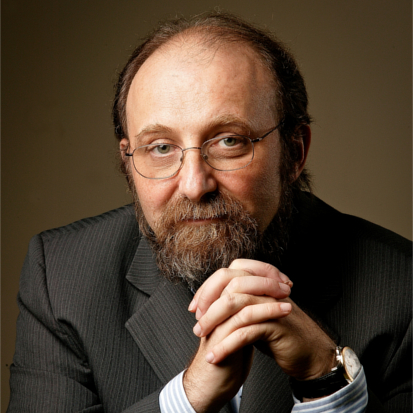
Duke University
Miguel Nicolelis, M.D., Ph.D., is the Duke School of Medicine Distinguished Professor of Neuroscience at Duke University, Professor of Neurobiology, Biomedical Engineering, Neurology, Neurosurgery and Psychology and Neuroscience, and founder of Duke's Center for Neuroengineering. He is Founder and Scientific Director of the Edmond and Lily Safra International Institute for Neuroscience of Natal. Dr. Nicolelis is also founder of the Walk Again Project, an international consortium of scientists and engineers, dedicated to the development of an exoskeleton device to assist severely paralyzed patients in regaining full body mobility. Dr. Nicolelis has dedicated his career to investigating how the brains of freely behaving animals encode sensory and motor information. As a result of his studies, Dr. Nicolelis was first to propose and demonstrate that animals and human subjects can utilize their electrical brain activity to directly control neuroprosthetic devices via brain-machine interfaces (BMI).Dr. Nicolelis is a member of the French and Brazilian Academies of Science and has authored over 200 manuscripts, edited numerous books and special journal publications, and holds three US patents.
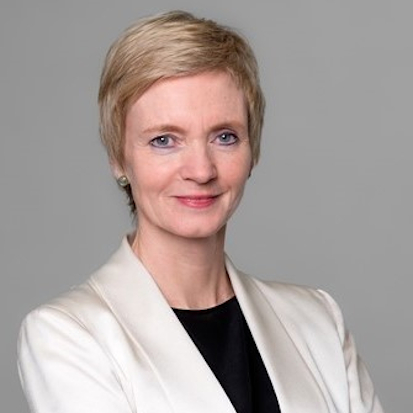
Bayer Foundation
Monika Lessl is Executive Director of the Bayer Foundation and Head of Corporate R&D and Social Innovation at Bayer AG. She is a member of Bayer’s Global R&D Executive Committee and the Global Medical and Regulatory Governance committee. Her focus is on driving organizational and societal transformation by strengthening the role of science and promoting innovation and sustainability through strategic initiatives, governance processes and partnerships. She holds a PhD in Biochemistry from the Max Planck Institute for Molecular Genetics in Berlin, a Diploma in General Management from Ashridge Business School, London and is a former fellow of the Robert Bosch Foundation. Monika is a Board member of the Futurium, Berlin’s museum of the future and acts as a jury member of the European Innovation Council and the German Ministry of Science and Education.
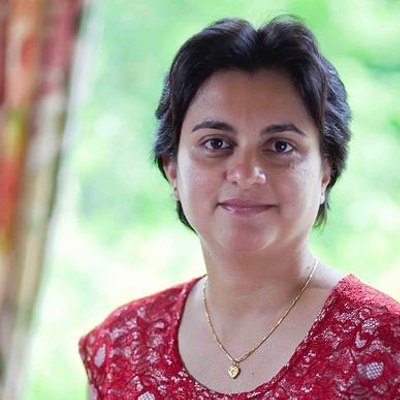
Newcastle University
Muzlifah Haniffa is a Wellcome Trust Senior Research Fellow, Lister Institute Research Fellow and Consultant Dermatologist based in Newcastle University. She graduated from medical school in Cardiff and trained as a junior doctor in Cambridge. She received her dermatology specialist training in Newcastle. She was awarded an Action Medical Research Training Fellowship and a Wellcome Trust Clinical Intermediate Fellowship. Muzz was the recipient of the Academy of Medical Sciences Foulkes Foundation Medal (2019) and the European Federation of Immunological Societies ACTERIA Prize in Immunology and Allergology (2018). Muzz is a leading member of the Human Cell Atlas initiative and pioneered the application of single cell genomics to decode the developing human immune system, and the human skin in health and disease. She is passionate about mentoring and diversity in science.
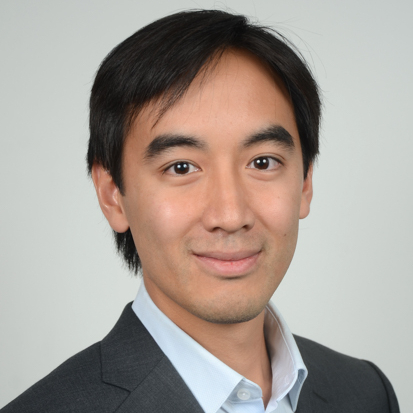
The University of Edinburgh
Dr. Nadanai Laohakunakorn, originally from Bangkok, obtained his BA/MSci in Natural Sciences (Physics) from Trinity College, Cambridge in 2010. He remained in Cambridge to carry out his PhD under the supervision of Prof Ulrich Keyser, where he studied nanopores and single-molecule biophysics. In particular, his work focused on electrically-driven fluid flows generated within the confined geometries of nanopores, and he developed techniques to measure and characterise these effects using optical tweezers. After defending his thesis in 2015, he moved to Lausanne where he worked with Prof Sebastian Maerkl at EPFL, on the new and growing field of cell-free synthetic biology. His work there focused on combining microfluidic devices with cell-free gene expression systems for high-throughput and rapid prototyping of genetic parts and circuits. In 2019 he received a Chancellor's Fellowship in Biotechnology at the University of Edinburgh, where he has established a lab for quantitative and automated engineering of cell-free systems.
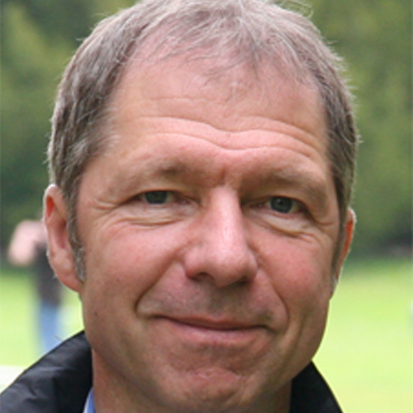
Heidelberg University / DKFZ
Ralf Bartenschlager is Director of the Department of Infectious Diseases, Molecular Virology at Heidelberg University and head of the research division "Virus-Associated Carcinogenesis" at the German Cancer Research Center in Heidelberg. His research focusses on the molecular and cellular biology of infections with viruses, primarily hepatitis B and C virus, but also flaviviruses such as Dengue virus and Zika virus and more recently, SARS-CoV-2. The main questions addressed are how viruses reprogram cellular pathways and organelles for efficient viral replication, how viruses activate and counteract the innate antiviral defense and how these insights can be used to develop novel antiviral strategies.
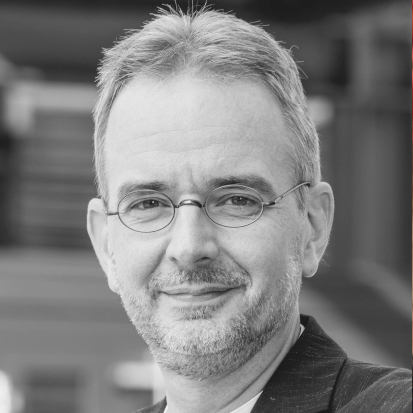
Max Planck Institute of Molecular Plant Physiology
Ralph Bock is the director of the department Organelle Biology, Biotechnology and Molecular Ecophysiology at the Max Planck Institute of Molecular Plant Physiology in Potsdam. He is internationally known for his work on the genetics of plant cell organelles. Before moving to Potsdam in 2004, Ralph Bock worked as a full professor and director of the Institute of Biochemistry and Biotechnology of Plants at the University of Münster. Prior to that he was a research group leader at the University of Freiburg. Ralph Bock has been a member of the German National Academy of Sciences Leopoldina since 2010, and in 2015 he became a member of EMBO. In 2017 he was awarded the Martin Gibbs Medal by the American Society of Plant Biologists.
| 09:00 - 09:10 | Symposium Opening & Welcome |
| 9:10 - 9:40 | Christa Schleper |
| 9:40 - 10:10 | Jean-Leon Maitre |
| 10:10 - 10:40 | Muzlifah Haniffa |
| 10:40 - 11:00 | PhD talk – Ashish Kumar Singh |
| 11:00 - 11:15 | Short Break |
| 11:15 - 12:00 | Virtual Coffee / Speed Networking |
| 12:00 - 13:00 | Lunch Break |
| 13:00 - 13:35 | Marileen Dogterom |
| 13:35 - 14:05 | Nadanai Laohakunakorn |
| 14:05 - 14:20 | PhD talk – Jia Liang Sun-Wang |
| 14:20 - 14:45 | Short Break |
| 14:45 - 15:00 | PhD talk – Shayan Shamipour |
| 15:00 - 15:15 | PhD talk – Anna Wychowaniec |
| 15:15 - 15:30 | PhD talk – Kavan Gor |
| 15:30 - 15:45 | PhD talk – Katarzyna Kuzmicz-Kowalska |
| 15:45 - 16:00 | Short Break |
| 16:00 - 17:00 | Workshops |
| 17:00 - 18:30 | Virtual Poster Session |
| 18:30 - 19:30 | Pubquiz |
| 10:00 - 10:45 | Monika Lessl – Bayer Foundation |
| 10:45 - 11:15 | Lisa Maier |
| 11:15 - 11:45 | Luigi Naldini |
| 11:45 - 12:00 | PhD talk – Devon Legge |
| 12:00 - 13:00 | Lunch Break |
| 13:00 - 13:20 | PhD talk – Alan Chramiec |
| 13:20 - 13:50 | Ralf Bartenschlager |
| 13:50 - 14:00 | Short Break |
| 14:00 - 14:35 | Elizabeth Hambleton |
| 14:35 - 15:05 | Ralph Bock |
| 15:05 - 15:20 | PhD talk – Kevin Yonathan |
| 15:20 - 15:40 | Short Break |
| 15:40 - 16:15 | Matteo Carandini |
| 16:15 - 16:45 | Miguel Nicolelis |
| 16:45 - 17:00 | PhD talk – Lukasz Bijoch |
| 17:00 - 17:15 | Closing Remarks |
| 17:15 - 18:45 | Virtual Poster Session |
| Deadline | ||
|---|---|---|
| Abstract submission: | closed | |
| Short talk selection: | closed | |
| Registration: | closed |
Registration is now closed.
| Fee | Registration | |
|---|---|---|
| Participants | Free | Deadline passed |
| Press | Free | Deadline passed |
| EMBL Staff (including new EMBL PhD Students) | Free | Deadline passed |
Follow us on our social media accounts to stay tuned!



The EMBL PhD symposium will provide an invaluable networking environment for your company to enhance the profile amongst the molecular biosciences research community, especially towards the young generation. The symposium will offer prime opportunities for your company to promote your new products, latest technology, and services. If you are interested in sponsoring our symposium and would like to have more information, direct your enquires to us.